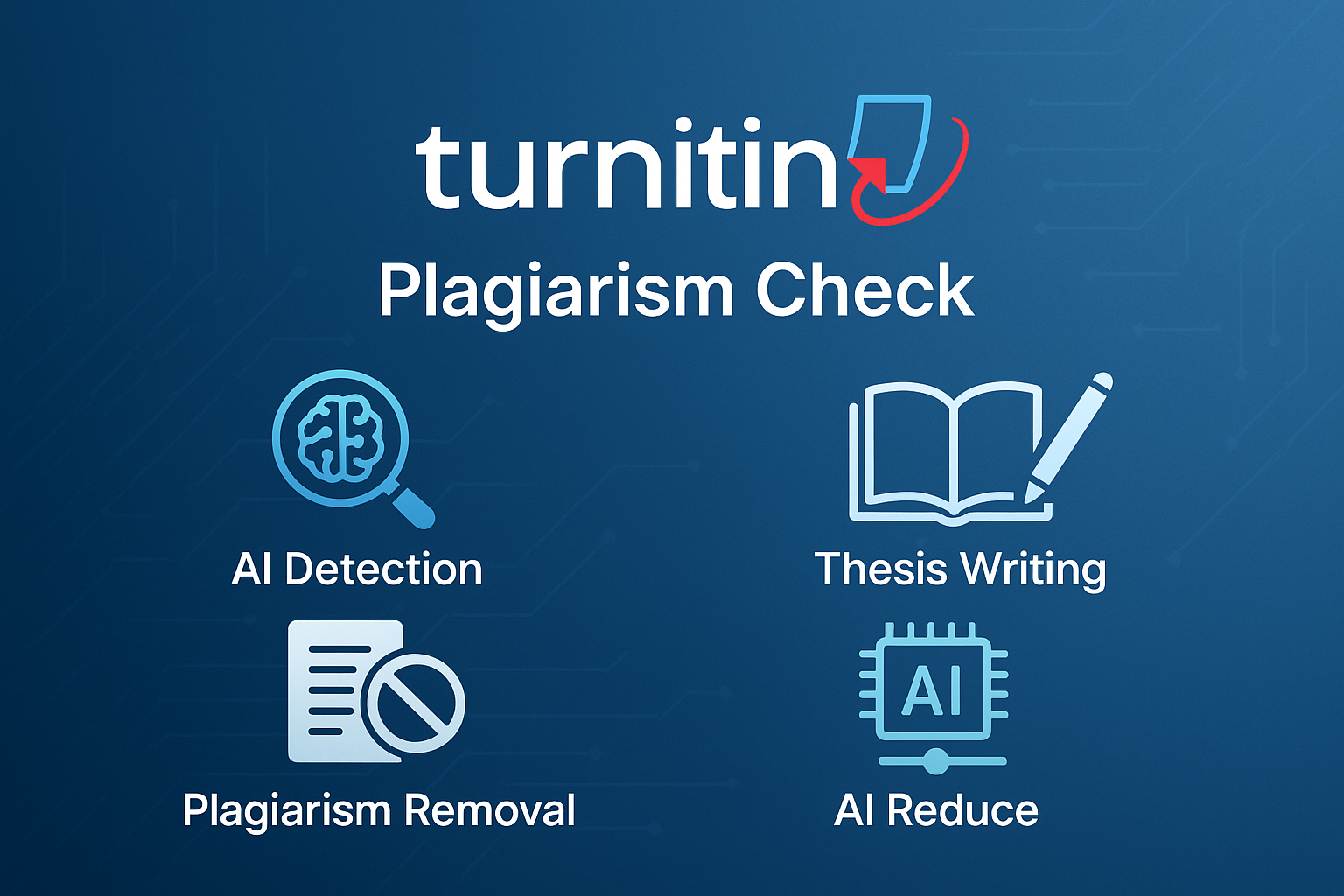
The Future of Research: Emerging Trends and Technologies Shaping Discovery and Publishing
The Future of Research: Emerging Trends and Transformative Technologies
The landscape of research is evolving rapidly, driven by new trends and groundbreaking technologies that redefine how we conduct, analyze, and publish research. These changes are fostering greater accessibility, efficiency, and collaboration while presenting unique challenges and opportunities for researchers worldwide.
Trends Shaping Research
One significant trend is the growing emphasis on open science. Open-access publishing and data-sharing platforms are making research outputs more accessible to a global audience. Initiatives like preprint servers and open repositories allow researchers to disseminate findings quickly, bypassing traditional publication bottlenecks. This democratization of knowledge fosters transparency and inclusivity, though it also necessitates robust measures to ensure quality and credibility.
Another trend is the integration of interdisciplinary approaches. Complex global challenges such as climate change, pandemics, and AI ethics require cross-disciplinary collaboration. Researchers are increasingly pooling insights from diverse fields, creating holistic solutions that transcend traditional academic boundaries.
Transformative Technologies
Artificial Intelligence (AI) and Machine Learning (ML) are revolutionizing research methodologies. AI tools expedite tasks such as data analysis, pattern recognition, and literature review. For instance, natural language processing (NLP) algorithms can sift through vast bodies of research, identifying gaps and trends. Additionally, AI-powered platforms aid in automating repetitive tasks, enabling researchers to focus on innovation.
Blockchain technology is gaining traction for ensuring research integrity. By providing immutable records of data and authorship, blockchain combats plagiarism and data manipulation. It also enhances transparency in peer review processes, a critical step toward building trust in academic publishing.
Virtual and augmented reality (VR/AR) are transforming fields like medicine, archaeology, and engineering. Researchers can simulate experiments, visualize complex data, or explore virtual reconstructions, all of which enhance understanding and discovery.
Publishing in the Digital Era
The rise of digital publishing has streamlined the dissemination of research. Interactive and multimedia formats are replacing static papers, offering readers engaging and dynamic content. Metrics such as altmetrics track the broader impact of research, including social media mentions and public engagement.
While these advancements promise a bright future, they also demand vigilance. Ethical considerations, data security, and equitable access to technology must remain priorities. By embracing innovation and addressing these challenges, the research community can unlock new frontiers of knowledge, transforming how humanity understands and solves its most pressing issues.
Plagiarism Detection Tools for Non-University Users: Turnitin Plagiarism Check
Plagiarism is a serious concern for students, independent researchers, authors, and freelancers. […]
Ways to Detect Plagiarism Without Access to Turnitin
Turnitin is one of the most popular plagiarism detection tools used by […]
Can Turnitin Detect Plagiarism Tricks? Understanding Turnitin’s Capabilities
Can Turnitin Detect Plagiarism Tricks?
Turnitin is one of the most trusted tools […]
Turnitin Plagiarism Detection Benefits
Turnitin Plagiarism Detection Benefits
Turnitin is one of the most trusted and widely […]
What Is an Acceptable Turnitin Similarity Score in 2026? A Complete Guide for Students
What Is an Acceptable Turnitin Similarity Score in 2026? A Complete Guide
In […]
Plagiarism Checking and Removal Services on WhatsApp – Fast & Reliable Support
Introduction:
In today’s academic and professional world, ensuring that your work is plagiarism-free […]


